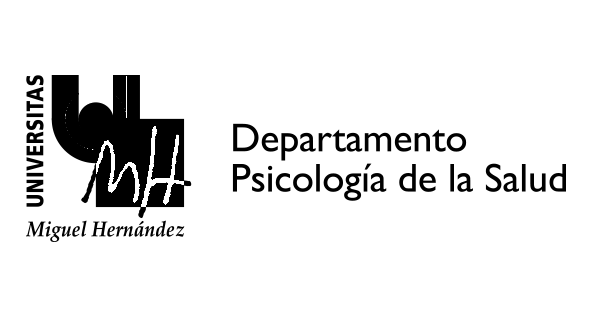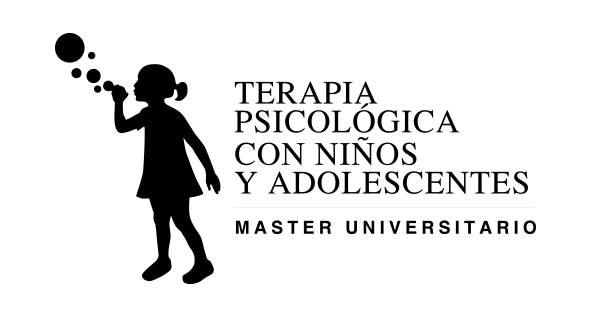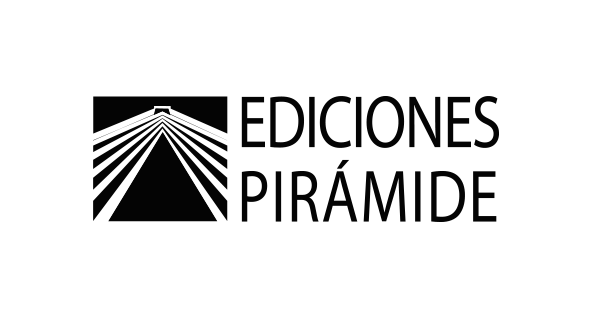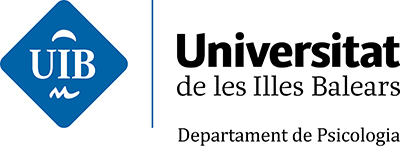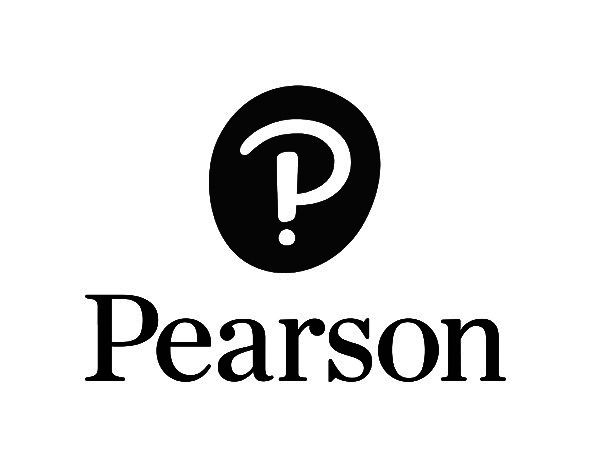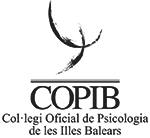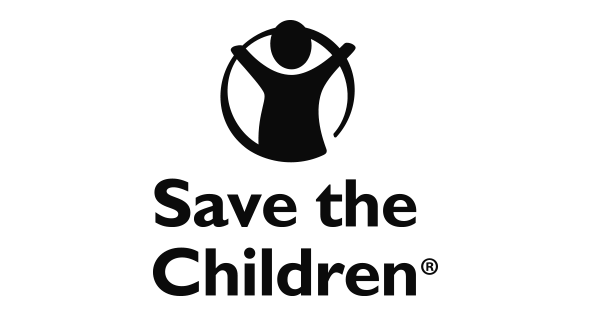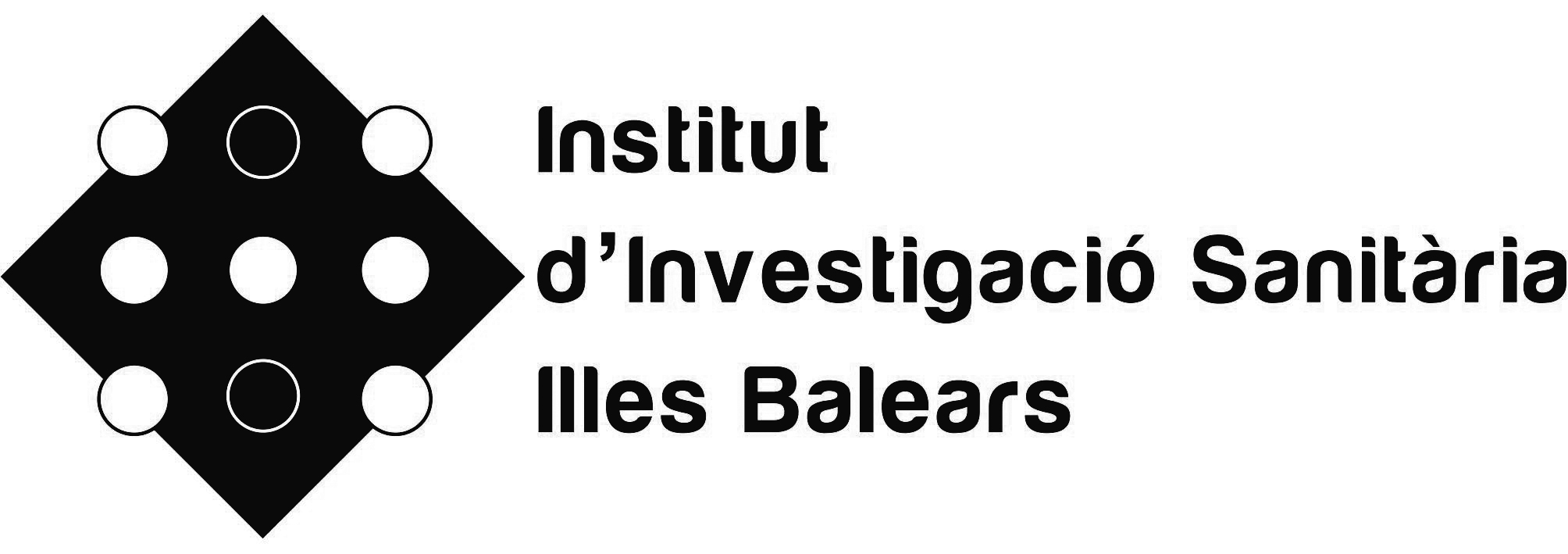Jose P. Espada
Miguel Hernández University, Spain
COMPAS PROGRAM: A PROTOCOL TO PROMOTE A HEALTHY SEXUALITY IN ADOLESCENTS
Abstract
The protocol COMPAS (Competencies for adolescents with a healthy sexuality) and how to apply it step by step will be presented in this applied session. COMPAS is a sexual health promotion program aimed to adolescents aged 14-18. Through the transmission of appropriate information and the skill and competences training, the program aims to promote healthy affective-sexual relationships and prevent risk behaviors to contract sexually transmitted infections (STIs) and unplanned pregnancies in young people. COMPAS encompasses the promotion of healthy affective-sexual relationships through the identification of healthy and unhealthy interpersonal relationships, information about STIs and protection methods, problem solving skills (decision-making in the area of interpersonal relationships, use of protection methods, in case of having sexual relations, and evaluation of the consequences of potentially risky situations), communication skills (negotiation with the sexual partner and sexual assertiveness), and training in the correct use of protection methods. The effectiveness of COMPAS has been evaluated in several multicentre studies. COMPAS has proven to be effective in promoting a healthy sexuality immediately after its application, and two years after its application compared to a control group. Currently, COMPAS is the only protocolized program that has proven to be effective in promoting healthy sexuality among Spanish adolescents in the long-term. In the international area, COMPAS has been culturally adapted and evaluated in areas of the center and the coast of Colombia.
JOSE P. ESPADA is Professor of Clinical Psychology in Miguel Hernández University. After studying Psychology at the University of Murcia, he has worked as a clinical psychologist serving families and people affected by HIV. He completed his predoctoral training at the Institute of Prevention Research at Cornell University in New York. Since 2011 he has chaired the University Psychology Clinic, a center for the transfer of assistance from the Miguel Hernández University that serves more than 200 families. He is the director and founder of the Revista de Psicología Clínica con Niños y Adolescentes (Journal of Clinical Psychology on Children and Adolescents). He is the principal investigator of the AITANA Research Group (Analysis, Intervention and Applied Therapy for Children and Adolescents). His research interests focuses on the evaluation of programs to prevent drug abuse and adolescent sexual risk behavior. He has chaired several national projects on sex education with adolescents. He is the author of more than 200 scientific publications and twelve books, among which are: “Conductas adictivas en adolescentes” (In English: “Addictive behaviors in adolescents”) (Síntesis), “Programa Saluda: Prevención del abuso de alcohol en adolescentes” (In English: “Saluda Program: Prevention of alcohol abuse in adolescents”) (Pirámide) y “Terapia psicológica con niños y adolescentes” (In English: “Psychological therapy for children and adolescents”) (Pirámide) y “PROGRAMA COMPAS: Competencias para adolescentes con una sexualidad saludable” (In English: “COMPAS PROGRAM: Competencies for adolescents with a healthy sexuality”) (Pirámide).




